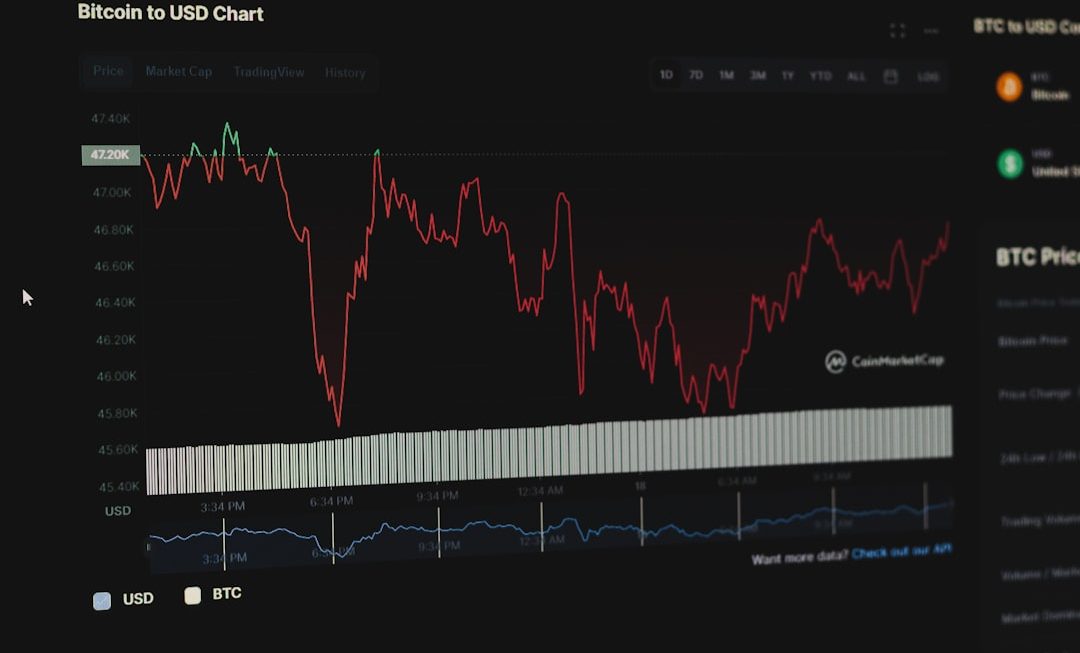In today’s competitive digital landscape, catching the attention of broad audiences is becoming increasingly difficult. Brands are turning to niche marketing as an effective way to connect with specific consumer segments. By offering tailored content and products to a well-defined audience, businesses can build stronger relationships, boost engagement, and improve their return on investment. But what exactly is niche marketing, and how can businesses effectively reach these focused communities? Let’s explore this focused strategy and how you can successfully implement it.
What Is Niche Marketing?
Niche marketing is a targeted marketing approach that focuses on a specific portion of a market, defined by distinct preferences, needs, or identity. Instead of attempting to appeal to a broad audience, niche marketers concentrate on a specific group, which allows them to address highly specialized needs and issues. These niches may form based on:
- Demographics (age, gender, income level)
- Geographic location
- Lifestyle and interests
- Occupation or industry
- Values and beliefs
This strategy is especially beneficial for small to medium-sized businesses that might not have the resources to compete with large corporations on a general scale. By dominating a narrow segment, they can develop authority, foster loyalty, and ultimately drive consistent growth.

Why Niche Marketing Works
Niche marketing works because it speaks directly to the needs and emotions of a specific group. With generalized marketing, messages often get diluted in efforts to appeal to everyone. But when you focus on a niche, your message becomes clearer, more relevant, and more compelling to your target audience.
Here are several reasons why niche marketing is so effective:
- Reduced Competition: Fewer businesses competing in the same segment allows you to stand out more easily.
- Increased Loyalty: Customers who feel understood and valued are more likely to become repeat buyers.
- Lower Marketing Costs: Targeted marketing often requires fewer resources than reaching mass audiences.
- Expert Positioning: Focusing on a specific area helps build your brand as a specialist, enhancing your credibility.
How to Identify a Niche Market
Before you can market to a niche, you have to find it. This step involves researching and identifying communities with shared characteristics and unmet needs. Here’s how:
- Evaluate Your Interests and Expertise: Start with what you know. Your knowledge can become a valuable asset in a niche space.
- Conduct Market Research: Use surveys, forums, keyword analysis, and trends to discover potential gaps or underserved segments.
- Analyze the Competition: Look at what other players in a potential niche are offering. Are there any gaps or areas for differentiation?
- Define the Buyer Persona: Create a detailed customer profile including demographics, behaviors, values, and challenges.
How to Reach Specific Communities Effectively
Once you’ve identified your niche, it’s essential to build strategies that resonate with the community. This isn’t only about promotional tactics—it involves genuine engagement, cultural alignment, and value-building. Here’s how to reach niche communities effectively:
1. Create Relevant and Valuable Content
People in niche markets are often looking for deep, insightful content—not just generic messaging. Develop content that addresses their specific problems or interests. This can include:
- Detailed how-to guides
- Opinions and thought leadership articles
- Case studies and testimonials from similar users
- Educational videos and niche webinars
By speaking the community’s language and addressing their pain points, you can establish trust and thought leadership in your niche.
2. Use Influencers Within the Community
Niche influencers often have a loyal and highly engaged following. Partnering with them can significantly increase your credibility and exposure. Unlike macro-influencers, niche influencers often serve as trusted voices within their community, making them more effective for building relationships and guiding purchasing decisions.

3. Leverage Niche Platforms and Channels
Don’t assume that all of your audience is on the mainstream platforms. Many niche communities engage through specific forums, niche social networks, or subreddits. Join these digital spaces, observe the culture, and participate with care and relevance.
Examples of niche platforms include:
- Behance or Dribbble for creative professionals
- Reddit subforums aligned with your niche
- Industry-specific Facebook or LinkedIn groups
- Regional or identity-based forums (e.g., BlackPlanet, CafeMom)
4. Attend Niche Events and Meetups
Community engagement doesn’t only exist online. Live events and meetups, whether industry-specific expos or local gatherings, are a great way to interact face-to-face with your target audience. These events provide insight into your market’s concerns and language, and offer excellent networking opportunities.
5. Customize Your Messaging
Generic messaging won’t work when reaching specific communities. Tailor your language, offers, and visuals to align with the culture and values of the group you’re targeting. Use inclusive and respectful messaging. Consider cultural nuances, such as idioms, expectations, and product relevance.
Case Study: Vegan Skincare for Men
Consider a new company focused on vegan skincare products targeted exclusively at men. Instead of marketing to all skincare users or even all vegans, the company narrows its focus to vegan men, many of whom feel underserved by an industry dominated by products for women.
To reach this niche, the brand might:
- Create blog content focused on cruelty-free skincare routines for active men
- Partner with vegan male lifestyle influencers
- Advertise in vegan fitness newsletters or podcasts
- Engage in Reddit threads discussing plant-based grooming
This focused approach allows the brand to craft a distinct identity and stronger emotional connection with its audience.
Common Niche Marketing Mistakes to Avoid
While niche marketing can be powerful, there are a few pitfalls you should avoid:
- Going Too Broad: If your niche is too wide, your marketing will lack clarity and focus.
- Overlooking Community Culture: Poor understanding of your community’s values can make your messaging fall flat or even offend.
- Lack of Authenticity: Audiences in small niches tend to value authenticity highly. Don’t try to fake familiarity—invest time in understanding the group.
- Ignoring Feedback: Community feedback is gold for refining your approach. Use it to improve both your product and your messaging.

Conclusion
Niche marketing is not just a trend—it is a powerful and sustainable approach to building a business with purpose, focus, and loyalty. By identifying a clearly defined audience and developing tailored messages and offerings, you can more effectively align with what your customers truly want. Whether you’re a startup looking to find your first customers, or an established brand seeking to deepen connections, niche marketing allows you to cut through the noise and offer real value where it matters most.
Remember: The more specific your audience, the deeper your relationship with them can be. Invest the time to understand, connect with, and serve your niche, and you’ll turn community members into passionate advocates for your brand.




